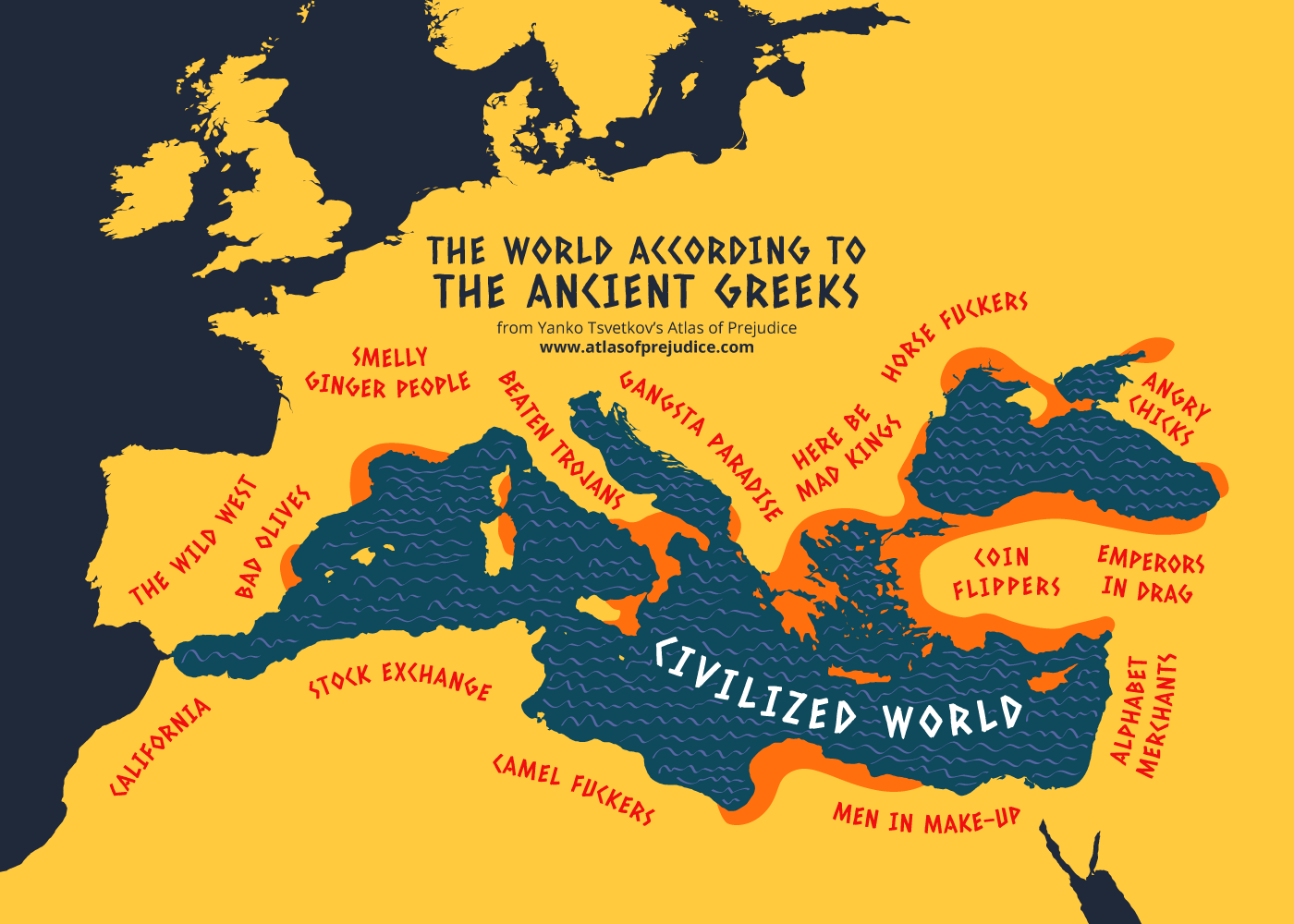All hail Steve Theodore’s answer, which is exemplary.
OP has been kind enough to provide the original in https://www.quora.com/What-does-…. It is from a modern textbook:
Ἐγώ εἰμι Ἑλληνικὸν παιδίον καὶ οἰκῶ ἐν ἀγροῖς. Ἐν τοῖς ἀγροῖς ὁ Φίλιππος γεωργός ἐστιν: αὐτὸς γεωργεῖ καὶ ἔχει χωρίον.
Ἆρ΄ ἐροτᾷς τίς μὲν εγώ, τίς δ΄ ὁ Φίλιππος;
What it means is that the textbook author does not have an idiomatic command of Ancient Greek.
First giveaway, “I am a Greek child”, Ἐγώ εἰμι Ἑλληνικὸν παιδίον. Quite apart from the obtrusive pronoun (“IIIIIIII am a Greek child”—you normally wouldn’t put the pronoun in at all): Greek then and now keeps its ethnonyms and adjectives separate, unlike English and Spanish. You just wouldn’t say “I am a Hellenic child”. You would say “I am a Hellene and a child”, παῖς εἰμί, Ἕλλην τε. (Or in Modern Greek, “I am a Hellene-ling”: είμαι ελληνόπουλο.)
And in context, “So you may ask: who am I and who is Philip” is meant as a cue for “well, let me tell you more about who I am and who Philip is.” But in that case, τίς doesn’t sound right: it sounds like a philosophical question on What is Truth? Who is the Dancer, and Who is the Dance? In this context, ποῖος “what kind of person” makes more sense.
As for “you may ask”, wouldn’t that be better as an optative or subjunctive anyway?
